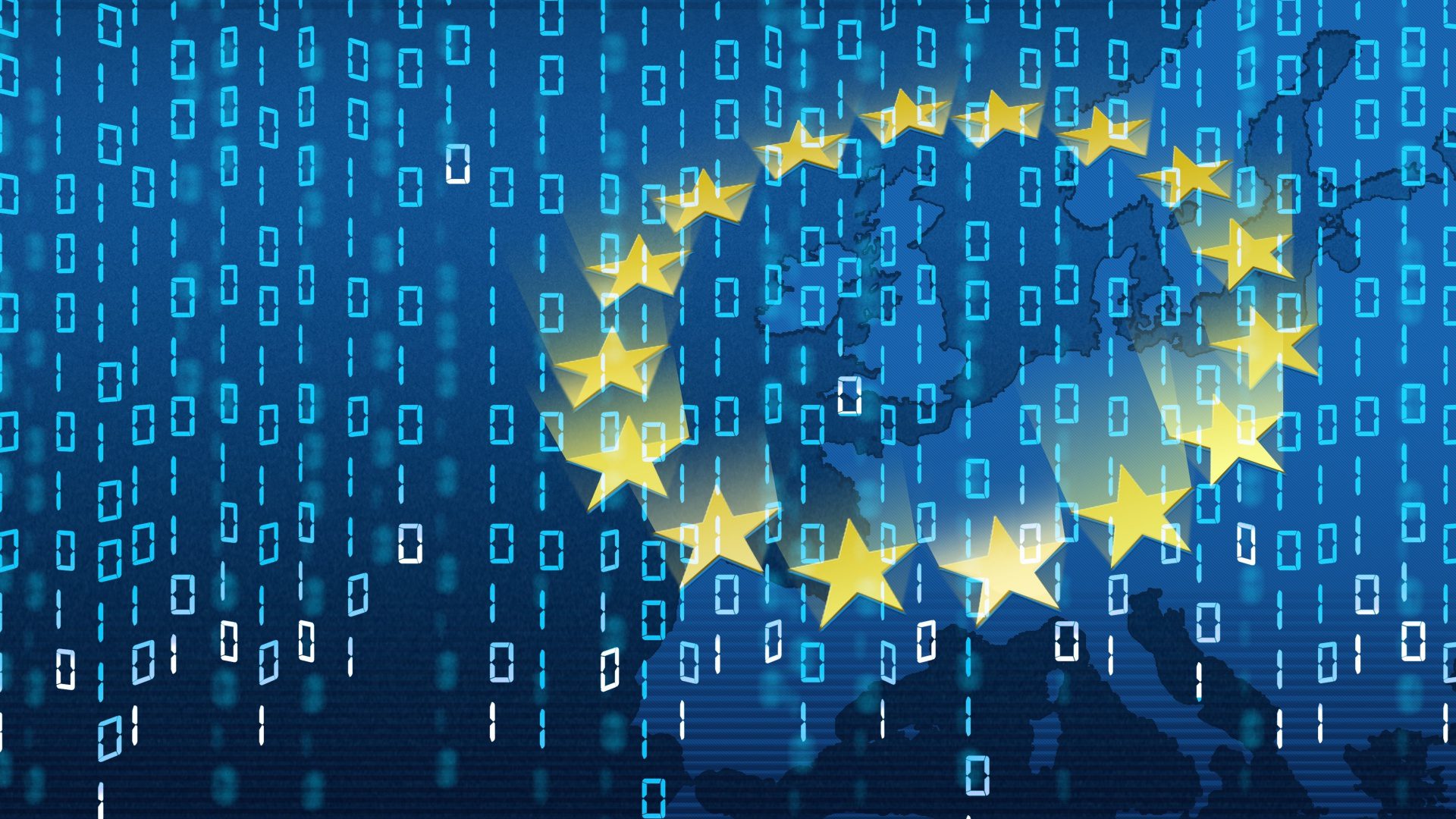Europe goes digital: the new EU Identity Wallet agreement
“Every time an App or website asks us to create a new digital identity or to easily log on via a big platform, we have no idea what happens to our data in reality. That is why the Commission will propose a secure European e-identity. One that we trust and that any citizen can use anywhere in Europe to do anything from paying your taxes to renting a bicycle. A technology where we can control ourselves what data is used and how.” (source: EU Commission’s website – Ursula von der Leyen, September 2020).
In the end of June 2023 the European Commission welcomed a provisional political agreement, involving the European Parliament and the European Council, regarding the proposal for a new legal framework for an EU Digital Identity system.
As a matter of fact, this new political agreement on EU Digital Identity Wallet builds on the existing cross-border legal framework for trusted digital identities over the European territory, known as eIDAS Regulation, officially adopted back in 2014 and still currently in office. For further information about eIDAS Regulation, please click here.
The most important innovative factor proposed for the development of this new European digital ID framework concerns the creation of personal digital wallets in the form of a secure and convenient mobile app, allowing all EU citizens, residents and companies to have trustworthy access to public and private online services all over Europe. If you want to learn more about the new EU Digital Identity Wallet mobile app, please click here.
EU Digital Identity Wallet agreement: how’s the work unfolding?
The EU Digital Identity Wallet is going to positively impact on digital identification habits by giving Europeans the best control over their personal data through a simple and convenient mobile app to access online public and private services.
The EU Commission is already shaping Europe’s digital future by investing €46 million in four large-scale pilot projects to test the EU Digital Identity Wallet in everyday use-cases that will contribute to enhance the wallet’s technical specifications. The four projects, unfolding due to Europe’s Digital Decade programme funds, are:
- POTENTIAL: mainly coordinated by Germany and France with the involvement of over 50 public administrations and 80 private entities regarding use-cases like access to government services, opening of a new bank account, registration for a SIM card, eSignatures and ePrescriptions;
- EWC: mainly coordinated by Sweden with the involvement of over 15 public administrations and 40 private entities regarding use-cases like the storage of digital travel credentials and the organisation of digital wallets and payments;
- NOBID: mainly coordinated by Norway with the involvement of over 5 public administrations and 15 private entities regarding the use of the EUDI wallet for the authorization of payments for products and services by the wallet users;
- DC4EU: mainly coordinated by Spain with the involvement of over 35 public administrations and 40 private entities regarding the use of the EUDI wallet in the educational sector and the social security domain.
The Commission is also working on the development of a technical Toolbox to build the prototype of the European Digital Identity Wallet app and ensure that all Member States will be ready to provide it correctly by the deadline set in the Regulation. The first version of the Toolbox was published in February 2023 and will be updated in order to complete the legal text in line with the provisional political agreement on EU Identity wallet: afterwards, it will only be needed to finalize the work through the formal approval by the European Parliament and Council.
For further detailed information, please visit the EU Digital Identity Wallet’s Q&A page.
Next steps for digitalisation after the new EU Identity Wallet agreement
“The EU Digital Identity Wallet will offer a convenient and safe way to manage personal digital documents and access public and private online services on a daily basis. We will all have control over our personal data and the convenience to share them, if we want to, from an app. Security, privacy and convenience are Europe’s way to the Digital Decade.” (source: EU Commission’s website – Margrethe Vestager, June 2023).
European Union bodies strongly believe that the new European Identity Wallet will revolutionize the way people and businesses will experience and engage with a wide range of public and private online services, effectively integrating convenience, safety and privacy in the form of a mobile app.
Especially considering the ever more digitalized world we’re actually living in, it appears clear that Europe must take big steps further for what concerns the digitilisation of the whole European community and territory to accelerate this process. This factor highlights how digitilisation will be one of the most important keywords for European policy-makers within the next years, thus how it’s going to be crucial to prepare a proper and solid technology-friendly background enabling the digital transformation in every place where an effective ID recognition can be a game-changing element for users: this includes public offices, companies, hospitals, universities and schools, banks, transport and travel agencies, and even more.
Moving towards a new and innovative framework to regulate how EU Digital Identity Wallet shall work also means approaching to a new era for Europe, where will be key to level all the technological differences and gaps among Member States and make sure to bring to a brand new user experience for all European citizens, residents and businesses applying and accessing online services all over the continent, guaranteeing quality, transparency and efficiency.
A Wallet Platform for integrated digital solutions in EUDI Wallet
On the subject of EUDI Wallet, Namirial Wallet Platform is a digital solutions platform, which helps organisations, both in the public and private sector, to adopt digital identities and seamlessly integrate trust services into the emerging European digital identity wallet ecosystem.
Indeed, Namirial Wallet Platform includes new tools and functionalities that go in this direction, such as:
- Namirial Wallet Gateway, which enables the integration of different digital identity wallets and online services, for customisable onboarding processes.
- eSignAnywhere, an electronic signature solution recognised as one of the best global applications for digital signatures, now compatible with the digital wallet ecosystem.
- an infrastructure for Qualified Electronic Attribute Attestation (Q)EAA, enabling organisations to issue and manage digital credentials in total security and compliance.
- a Wallet-as-a-Service (WaaS), to provide businesses and governments with state-of-the-art technology to implement highly scalable, reliable and secure digital identity and wallet solutions








